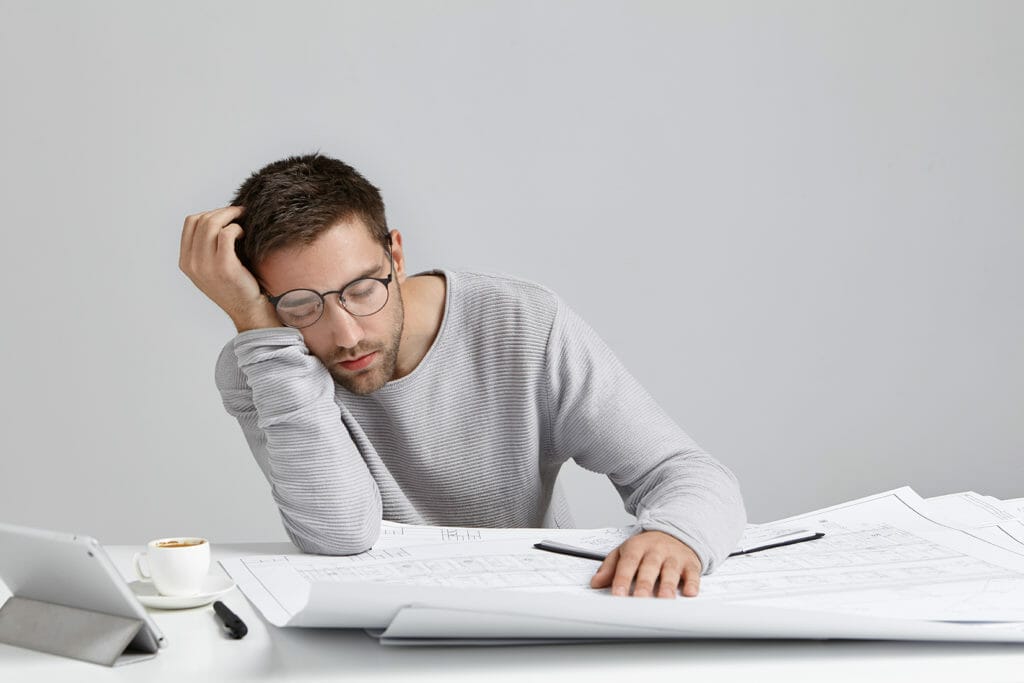Are you living with energy stealers?
Tired All the Time (TATT) is one of the most common medical complaints presenting in GP consultations throughout the UK. There’s no doubt that the global events of the last year have contributed to a wave of stress, poor sleep, lack of energy and many people suffering ongoing fatigue. And there are, of course, many medical reasons for chronic fatigue, ranging from long-COVID (and other post-viral infections) to vitamin deficiencies, in particular vitamin B12 and iron.
But there are also “energy stealers” that we are living with every day (and I don’t mean family and home-schooling) that if we address may help us to boost our energy levels enough to stop feeling so chronically drained.

Sedentary lifestyle
Working from home and the winter months with “lockdown slump” in front of the TV has meant sitting in one position for long periods of time is a regular occurrence. This can greatly sap your energy, as your body equates the stillness with going to sleep.
TOP TIP: Stretch your body often by getting up and walking around away from your desk or sofa – set a timer to remind you. Frequent breaks from work will also help keep you alert. Also start the day with some exercise – walk, home exercise workout, dance in the kitchen whatever it is – get moving in the morning!
Poor posture
A lot of your energy goes on keeping you upright. Your spine can be put out of alignment by bad posture, such as:
- hunching forwards
- slumping in your seat
- using your phone
The more out of balance your spine is, the more your muscles have to work to compensate and this rapidly drains already stretched energy resources in the body.
TOP TIP: whether you’re moving, sitting or standing still, try to make sure that your head is in line with your body – not sticking out in front of it as is so often the case when you’re using a laptop or mobile phone. Aim for your ears to be directly over your shoulders and your chin slightly lowered rather than jutting out. Align your spine with the super simple Bowen “semi-supine” position to release muscle tension and reset your posture.

Diet
Avoid refined sugary foods, caffeine and alcohol, as these all give artificial energy highs that quickly lead to an energy slump just a short while later.
TOP TIP: your first meal of the day is the most important one for balancing your blood sugar and energy through the rest of the day. Eat a balance of protein, healthy fats and slow-releasing carbohydrates like eggs on sourdough or a berry smoothie packed full of almonds, seeds and frozen raspberries.
Check out these Nutrigold blogs for more information:
https://blog.nutrigold.co.uk/2018/04/11/are-you-craving-a-sweet-treat-you-might-be-stressed/
https://blog.nutrigold.co.uk/2019/11/07/nutrigold-guide-to-reading-food-labels/
Hydration
Dehydration has an impact on our hearts, brain, muscles and digestion. Even mild dehydration can cause symptoms such as headaches, fatigue and reduced physical and mental performance.
TOP TIP: Keep a bottle of water with you at your desk, on a table in your home, in your bag (for when lockdown softens), so that you know exactly how much you have drunk through the day. Aim for around 2L daily intake, or when your pee turns light yellow is a good an indication of hydrated body status.
Stress
It’s in very different times that we find ourselves now living in, but how you respond to and manage stress in your life greatly impacts energy levels, as well as many other areas of health.
TOP TIP: Schedule “me time” every day and choose to relax – for 15 minutes every day (more if possible) stop everything and be utterly selfish. The only rules are that this is your time; it must not involve using your smart phone, tablet or computer and you must not feel guilty about it. This will only create more stress!

Exercising too much
Regular exercise is good for you, but working out intensively every day may not be good for your energy levels. This is especially apparent in people who over-train and under deliver the necessary nutrients and support their body needs. Over-exercising is a form of stress so this is going to be adding to the overall stress load and impact your energy levels.
TOP TIP: Any professional athletes will tell you that rest days from whatever sport/training you’re doing is key to recovery and performance. Epsom salt baths are also great for supporting over-worked muscles and relaxation.
Vitamin deficiency
Iron and vitamin B12 deficiencies are linked to chronic fatigue. A blood test can show levels and supplementing with bioactive forms, like iron bisglycinate or methylcobalamin form of vitamin B12 can help to correct these deficiencies and improve energy levels.
TOP TIP: B vitamins are water-soluble so are not stored in the body so taking a daily multi B supplement can help to support levels needed for cellular energy production.
Making simple changes can have a profound impact on how you feel and function on a day-to-day basis. So what energy stealers can you address in your life today?
For more information on habit change and healthy habits then enjoy these Nutrigold blogs:
https://blog.nutrigold.co.uk/2019/01/04/how-to-hack-your-habits-part-1-change-the-way-you-eat/
https://blog.nutrigold.co.uk/2019/01/18/how-to-hack-your-habits-part-3-get-moving/

Dr Elisabeth Philipps PhD BSc (Hons) BSc Nutr Med AFMCP
Dr Elisabeth Philipps is a clinical neuroscientist and functional medicine practitioner, and runs a health consultancy specialising in brain health, the endocannabinoid system and phytocannabininoids including C*B*D. She regularly presents at conferences and events, and provides expert opinion for the national press, specialist healthcare publications and health companies.
www.drelisabethphilipps.com | instagram – @drelisabethphilipps | Twitter – @drphilipps | Linked In – Dr Elisabeth Philipps








1 Comment. Leave new
Thank you, helpful, although some of it I knew already, other bits were more detailed than I had previously known about.